Specialists in Tools and Equipment
Sustainable Manufacturing
Sustainable Manufacturing: Six Strategies to Save Money and Save the Planet
Every year on Earth Day, we celebrate our planet and recognize the importance of environmental protection. But for manufacturers, considering the environment isn't just about celebrating one day a year – it's about making smart business decisions every day.
In today's world, rising energy costs pose a significant challenge for manufacturers. But there's a silver lining: By implementing sustainable practices, manufacturers can save money on energy bills while reducing their environmental impact.
Here are six strategies manufacturers can use to maximize efficient manufacturing with minimized energy:
1. Conduct an energy audit
The first step to reducing energy consumption is understanding where you're currently using it. An energy audit is a comprehensive assessment of your facility's energy use. It will identify areas where you're wasting energy and provide recommendations for improvement.
2. Invest in energy-efficient equipment
Sometimes, the most effective way to save energy is to upgrade to newer, more efficient equipment. This could include things like motors, pumps, and lighting systems. While the upfront cost of new equipment may seem high, the long-term savings on energy bills can be significant.
3. Implement smart manufacturing
Smart manufacturing is the use of technology to improve efficiency and productivity in manufacturing operations. Sensor technology can be used to monitor energy use in real time, allowing manufacturers to identify and address inefficiencies. Additionally, automation can help to optimize production processes and reduce energy waste.
4. Optimize production processes
There are many ways to optimize production processes to reduce energy consumption. For example, manufacturers can reduce scrap rates by improving quality control procedures. They can also shorten production cycles by streamlining workflows.
5. Embrace renewable energy
Renewable energy sources like solar and wind power can provide a clean and sustainable energy source for manufacturing facilities. While the upfront cost of installing renewable energy systems can be high, the long-term cost savings can be significant. Additionally, many government incentives are available to help offset the cost of renewable energy systems.
6. Foster a culture of continuous improvement
Sustainability is not a one-time achievement; it's an ongoing process. Manufacturers can create a culture of continuous improvement by setting energy reduction goals and tracking their progress. They can also encourage employees to identify and suggest ways to save energy.
By implementing these six strategies, manufacturers can save money, improve efficiency, and become more sustainable. In today's competitive marketplace, these are all essential ingredients for success. But more importantly, by reducing environmental impact, manufacturers can help to protect our planet for future generations.
Here are some additional tips for sustainable manufacturing:
- Use recycled materials whenever possible.
- Reduce water consumption.
- Properly dispose of hazardous waste.
- Educate employees about sustainability.
By taking these steps, manufacturers can make a positive impact on the environment and their bottom line.
Sustainable manufacturing is not just a feel-good initiative; it's a smart business decision. By implementing these strategies, manufacturers can save money, improve efficiency, and protect the planet. Let's all work together to create a more sustainable future for manufacturing.
Give us a call to
find out ways we can help you maximize the efficiency of your operations,
631-737-4242.
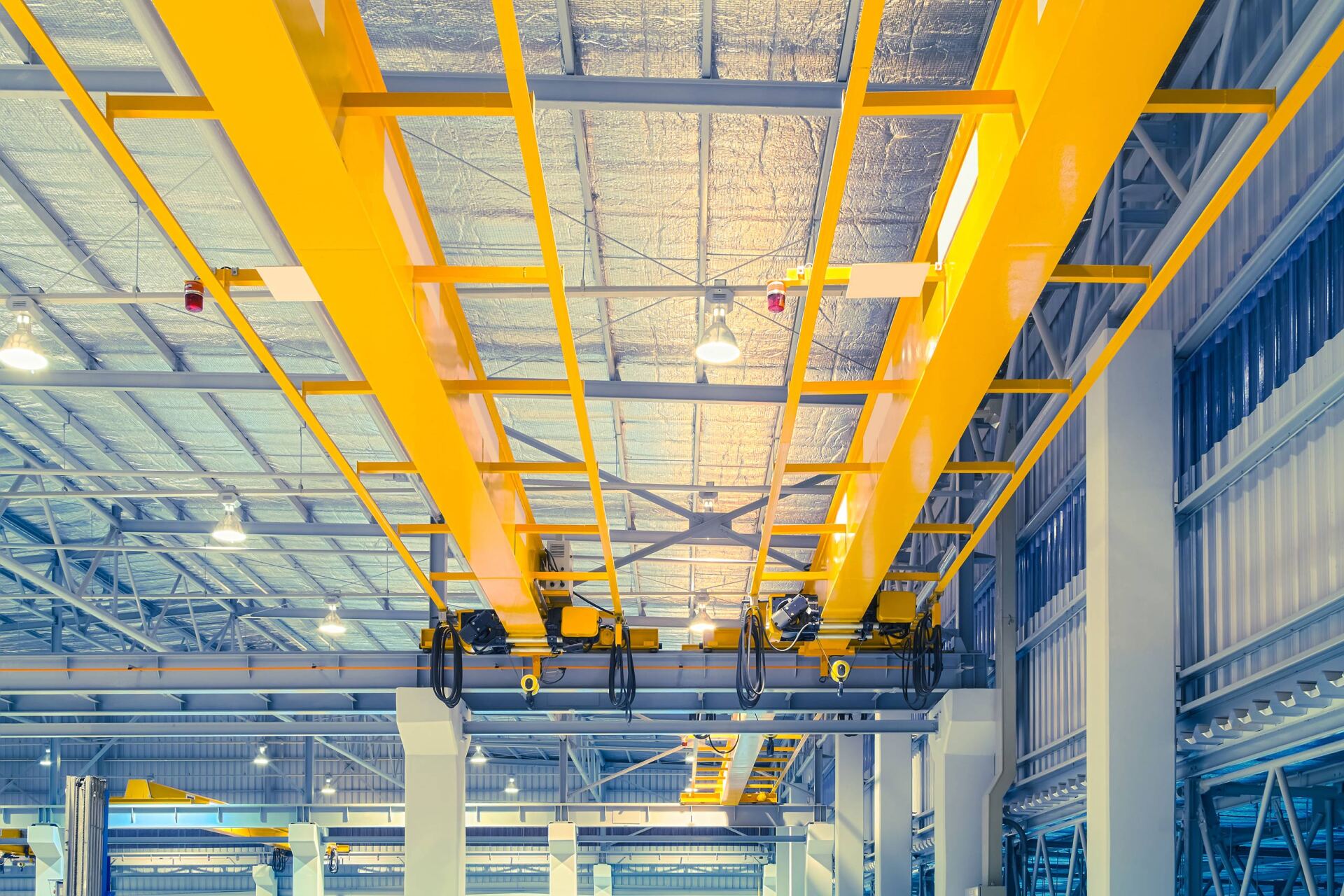
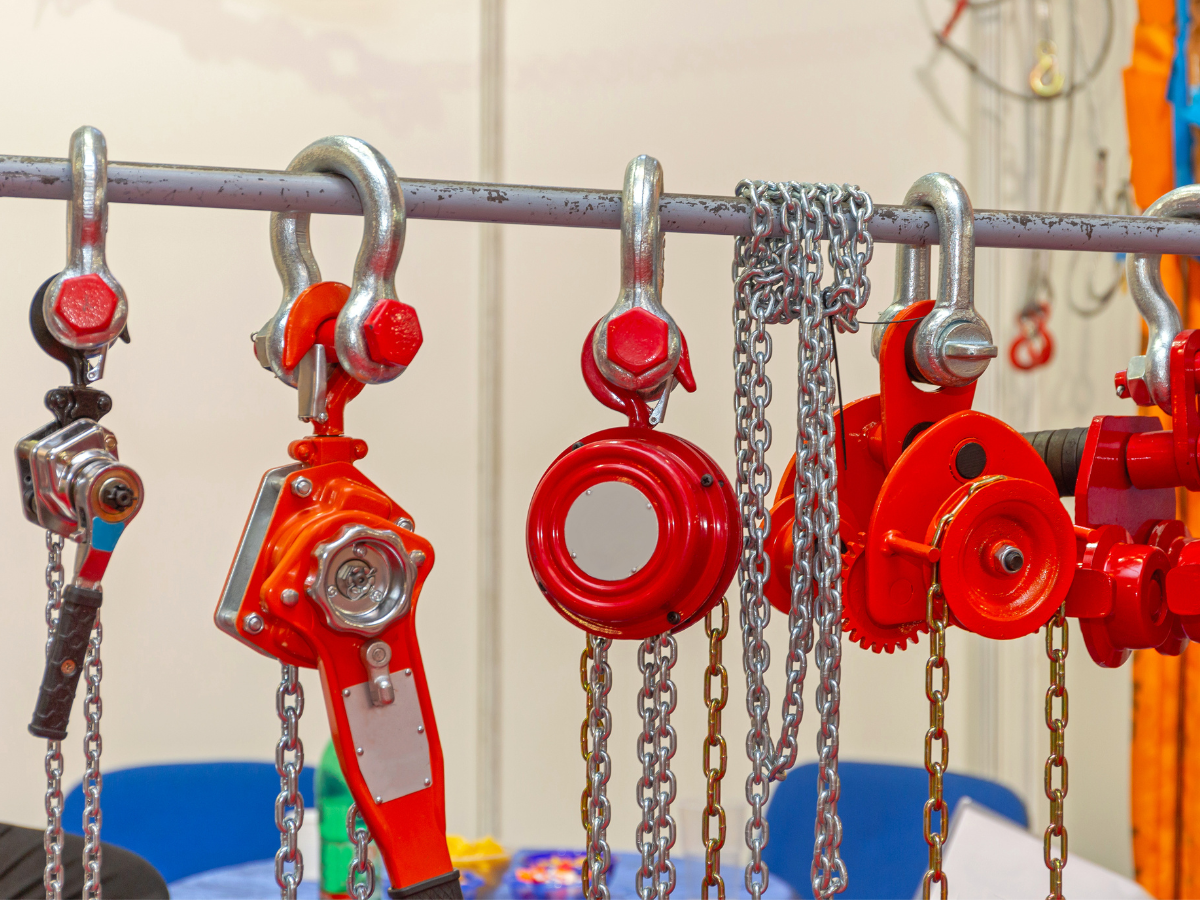
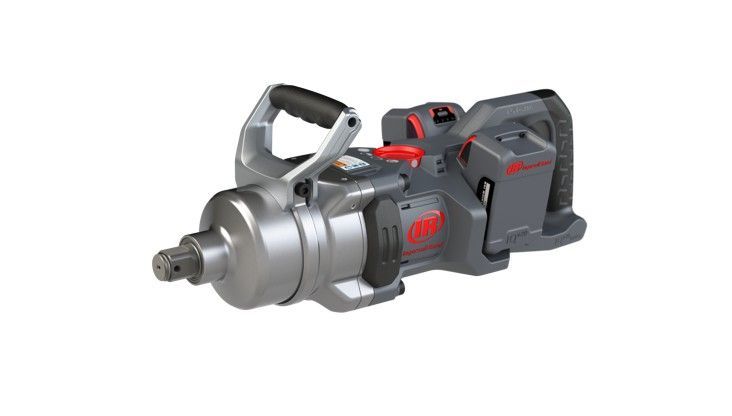
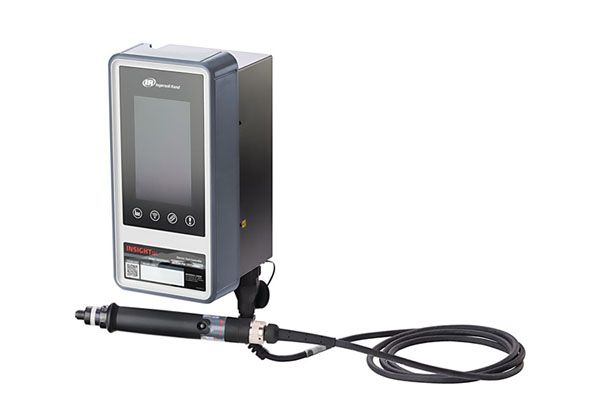
Serving
Quick Links
Contact Us
Business Hours
Hours:
- Mon - Fri
- -
- Sat - Sun
- Closed

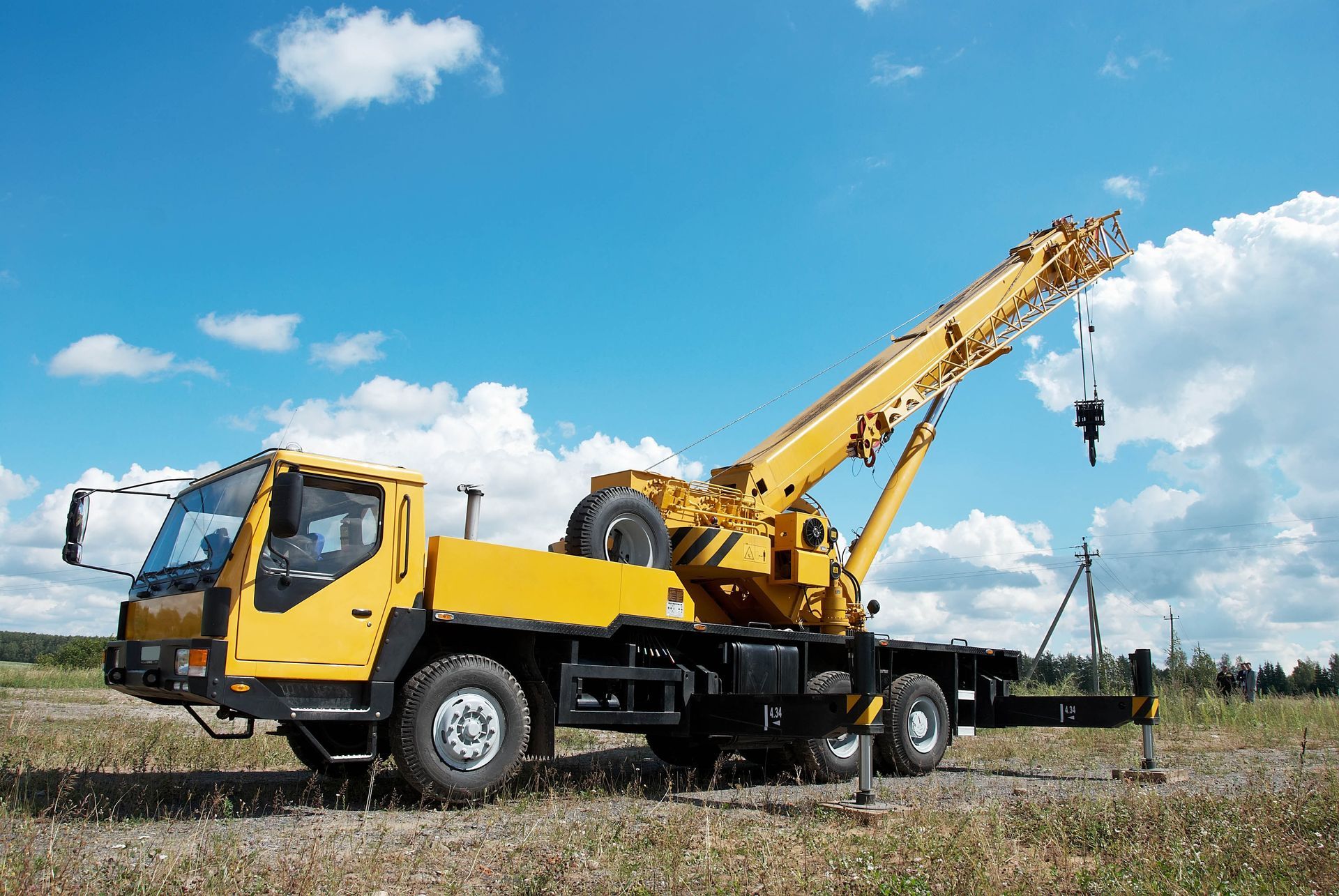
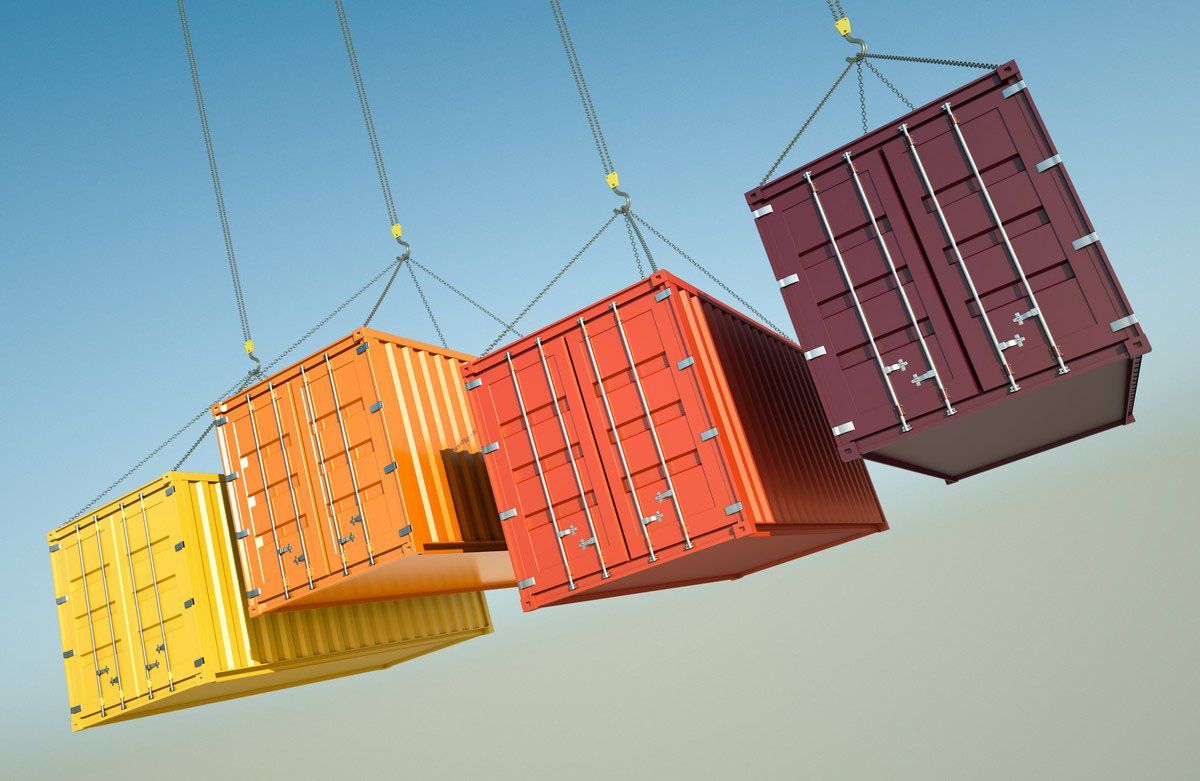
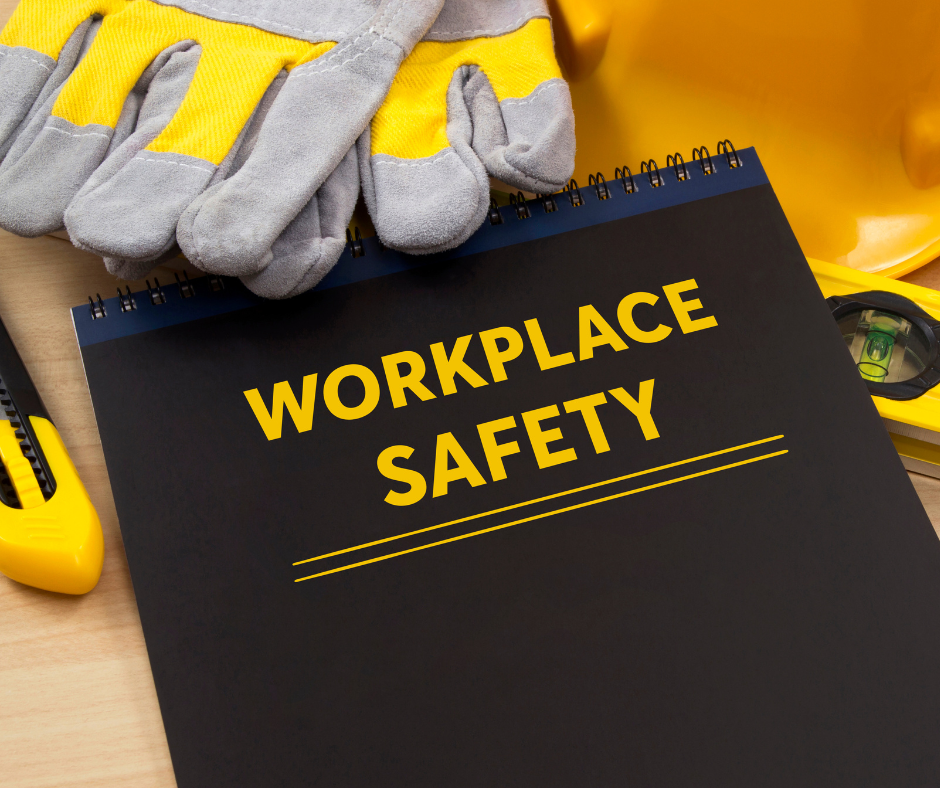
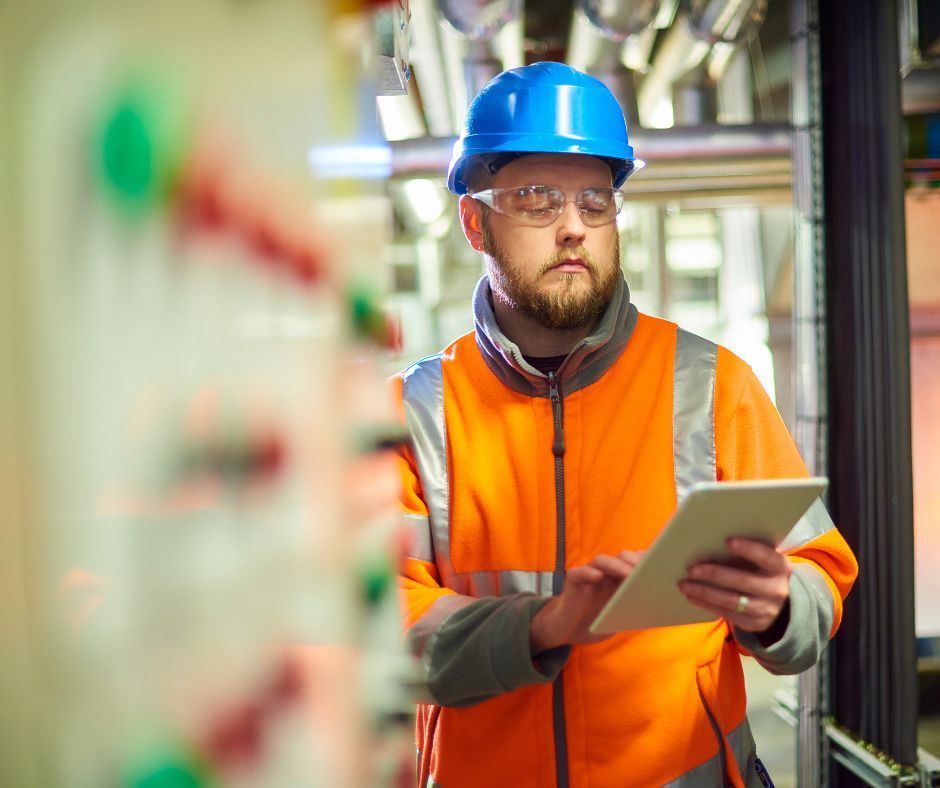
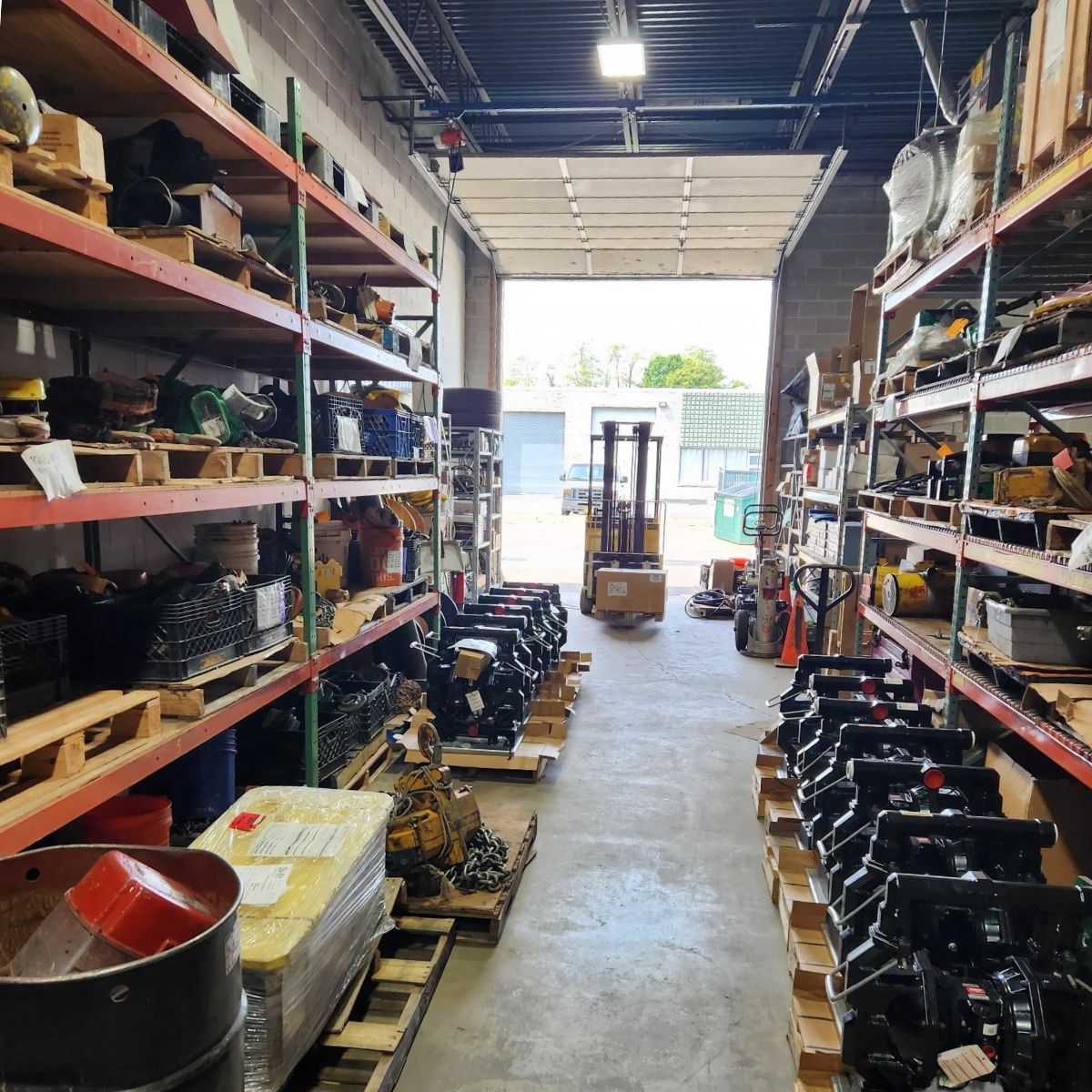
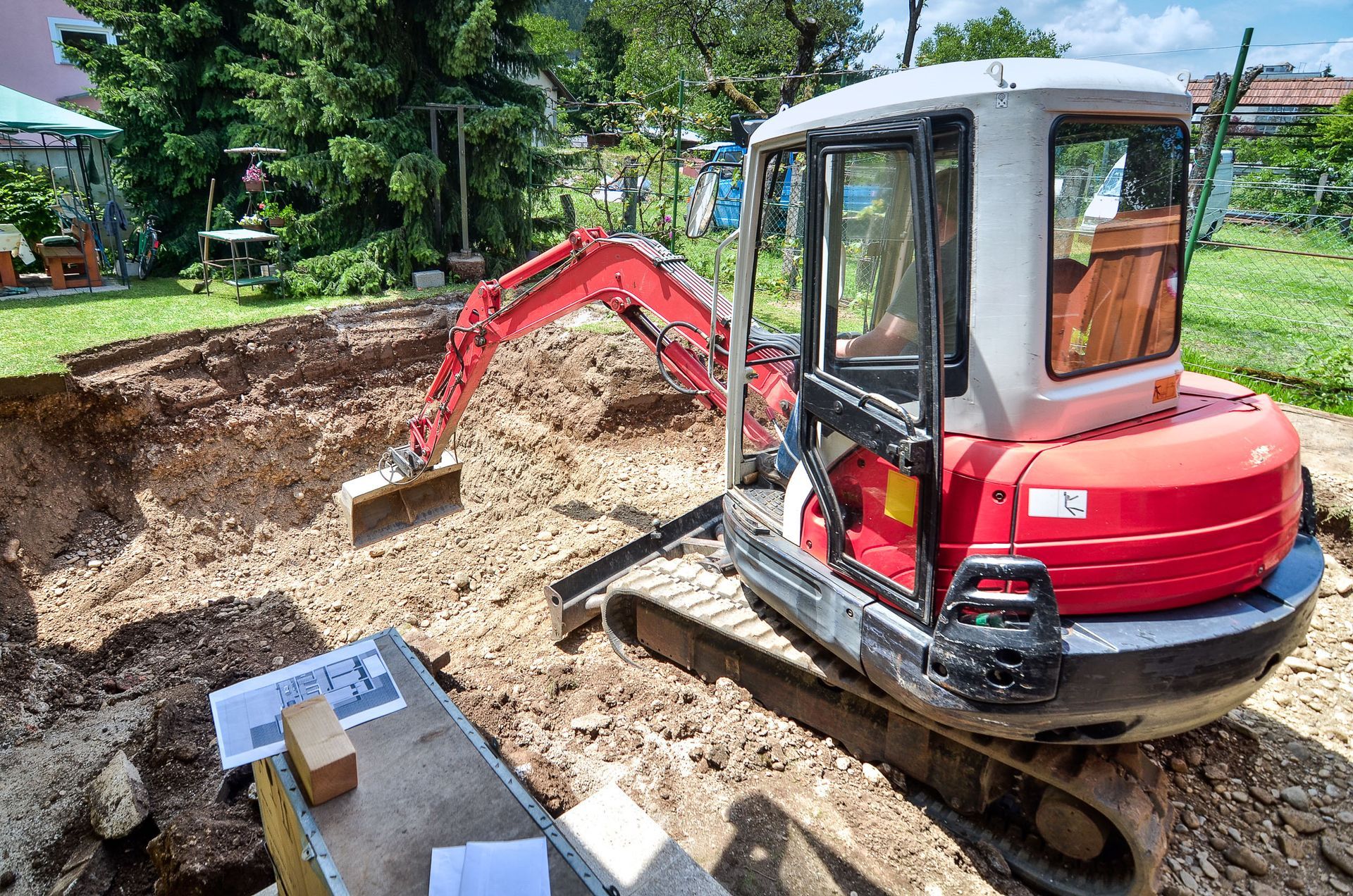
Share On: